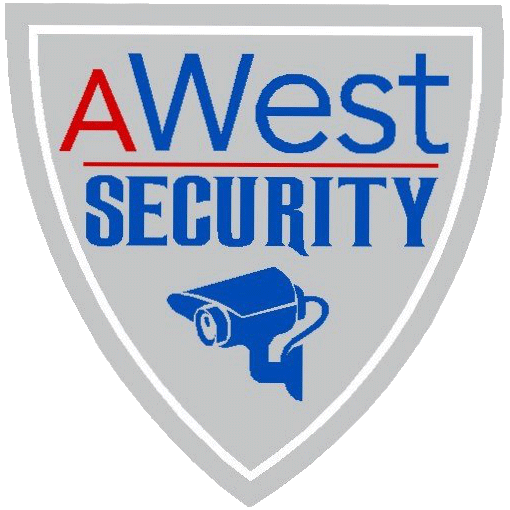Keep Your Smart Home Safe With These Tips
June 19th, 2024
You don't have to be technologically knowledgeable or savvy to take advantage of smart home systems in Bismarck, ND. Mobile setups and other resources are being integrated into these systems, and you have a helping hand throughout each step of the installation process and even beyond.
One of the biggest fears people tend to have that make them hesitant about smart homes is the risk of falling victim to some kind of cyber attack. However, if you keep the following considerations in mind, you can effectively protect your network and keep your smart home safe and sound.
Don't Recycle Passwords and Change Things Up
First of all, never recycle your passwords. Chances are someone somewhere knows one of those passwords and that can potentially cause a vulnerability. It is also important to regularly change your passwords and pins for all of your connected devices and doing so can help keep any hackers or other cybercriminals away.
One of the most overlooked passwords is the Wi-Fi password. People don't think that it needs to be switched up and we tend to forget. However, this is one of the most commonly accessed entry points. Make sure you come up with complicated and complex passwords that are hard to figure out. Don’t follow any patterns or use common information about yourself. If you need to, password managing software is available and can help you come up with more secure password options.
Only Use Certified Products
If you have a device in your smart home that hasn't received any kind of certification or testing, then you should stop using it. You should only use products you are sure are certified. X-Wave, for example, is a wireless mesh networking protocol that offers low-power connectivity and devices from hundreds of brands that have all been tested and certified.
Consider Additional Security Options
In addition to certified devices and regularly changing passwords, you should also consider installing devices that offer additional built-in security features. Built-in security that uses the industry standard AES-128 encryption for wireless protocols is ideal. You are providing another layer of protection to an already protected device. It brings your smart home to a new level of protection and can combat many different hacker techniques.
Security Updates
It is also a good idea to make sure that all your security updates have been completed and you have the most up to date firmware that is available. Firmware has critical security improvements you need as well as new features that will help you keep your smart home more secure. You can also set regular alerts to check for new system updates, so you will never forget.
Install Current Malware Protection
Finally, all of your home devices should have malware protection from a reputable company. You can find several free malware options, but there are some that charge a fee, but you will find that the fee is worth the price for the level of protection it offers.
Like with system updates, you also want to be sure that you always have the most updated and current form of malware protection. Following these easy steps is a great way to protect your smart home and ensure it is more secure.
